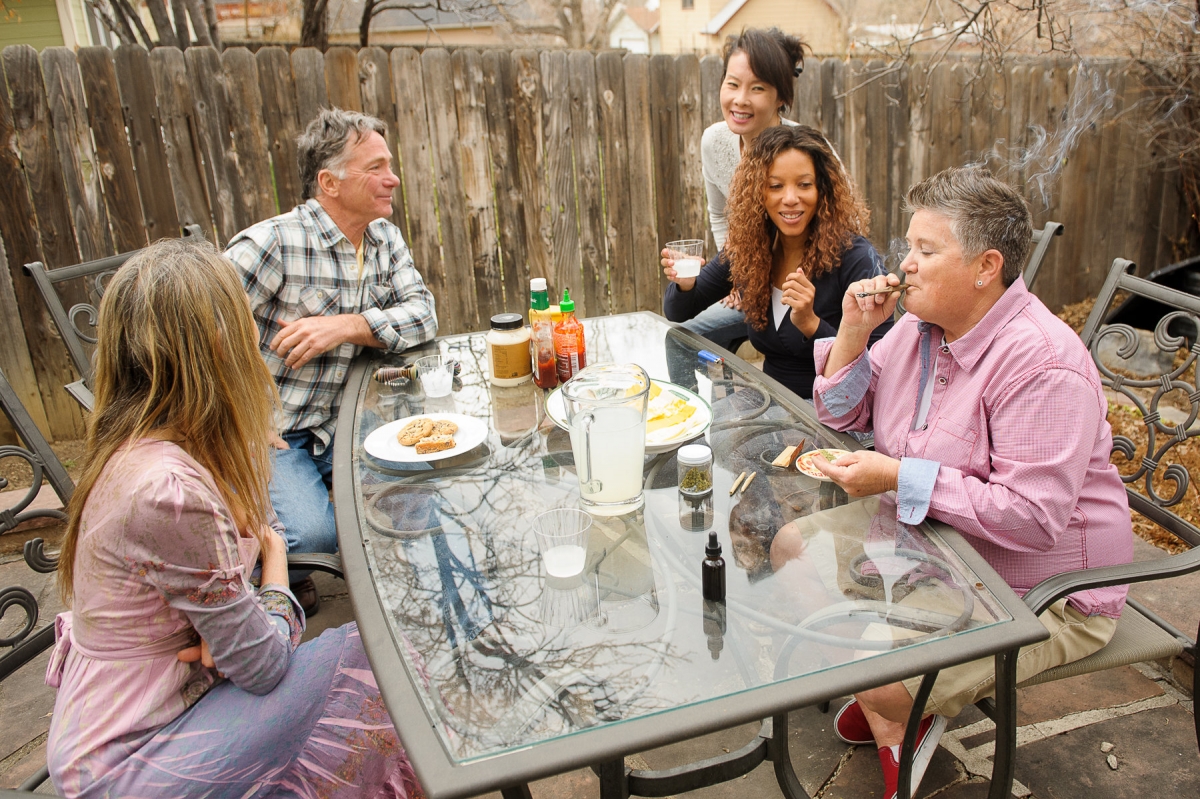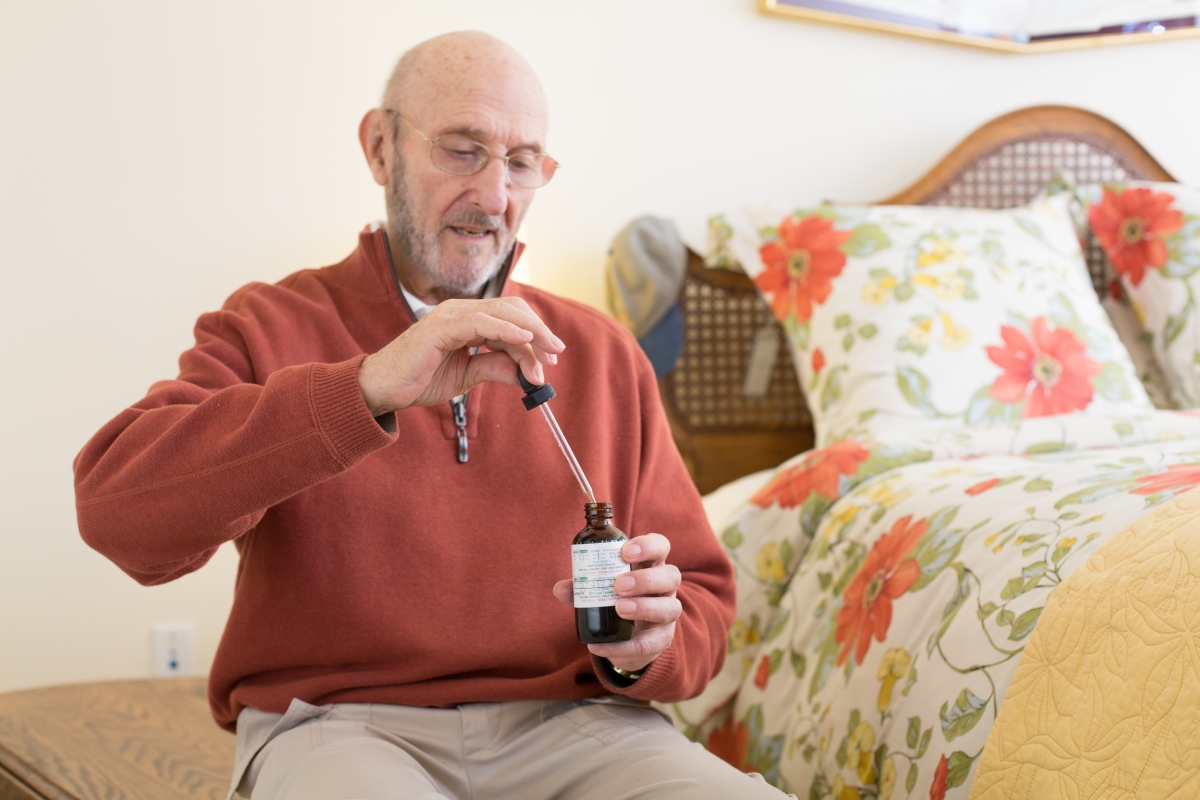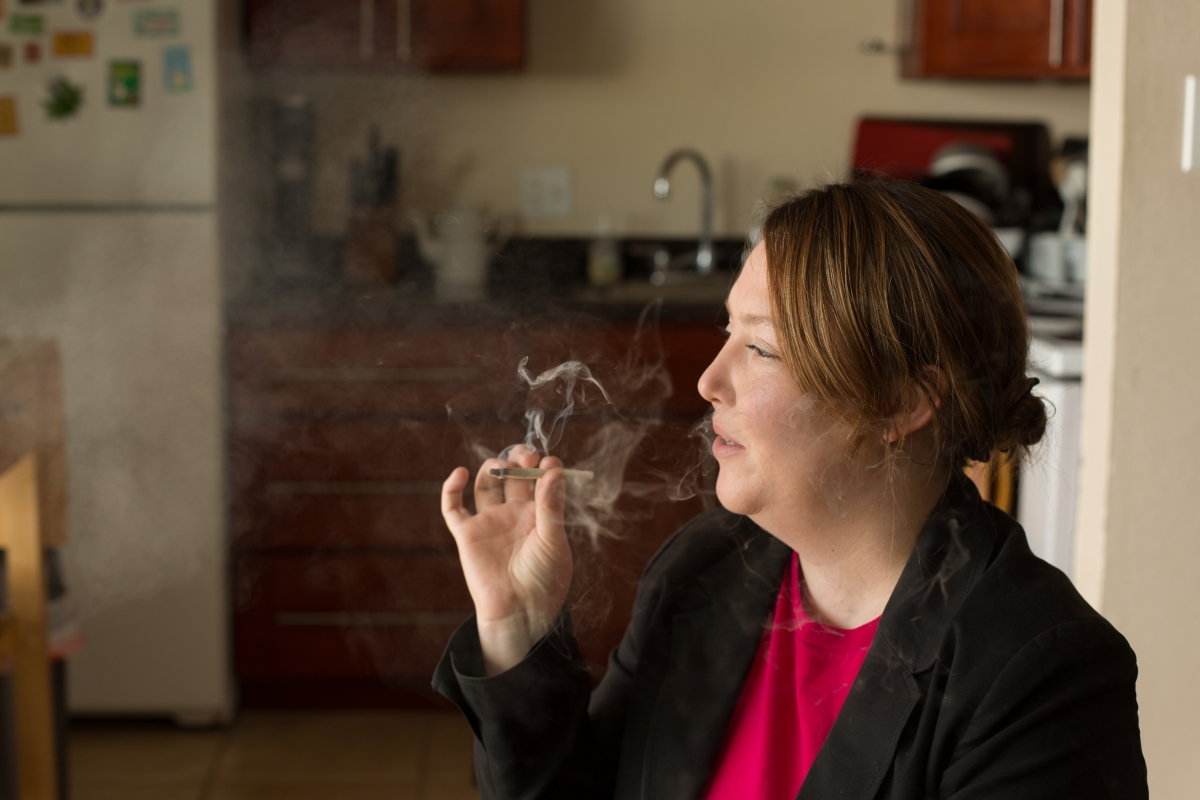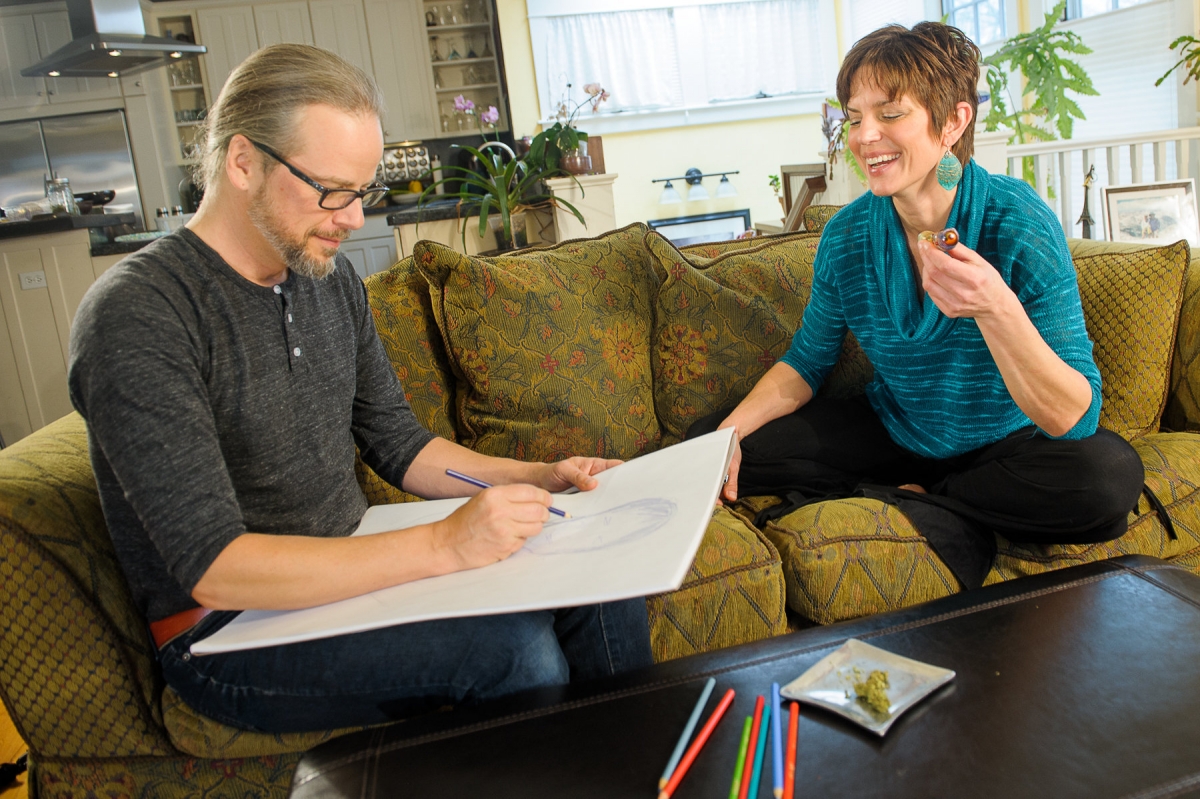Five Stoner Stereotypes That Are Offensive and Stupid

By:
If you still think of stoners as hippies in tie dye who spend their days smoking bongs and watching cartoons, maybe you should go out and meet a few marijuana users. That stereotype is the product of popular culture and Reefer Madness-inspired propaganda. And it's about time we let that image go and accept that stoners come in all shapes and sizes in 2015.
RELATED: What Does Marijuana Do to Your Lungs?
Besides being largely inaccurate, negative stoner stereotypes detract from the marijuana legalization movement—a movement that has spread to 23 states, plus the District of Columbia, and aims to provide people with safe access to a substance that is non-toxic and has been shown to have a range of health benefits. Just as there are a variety of reasons that 58 percent of Americans support marijuana legalization, there are a variety of marijuana users that the stoner stereotype does not serve.
Here are five stoner stereotypes that are dead wrong.
 Drug Policy Alliance/Darrin Harris Frisby - drugpolicy.org
Drug Policy Alliance/Darrin Harris Frisby - drugpolicy.org
1. Stoners are lazy, unproductive members of society.
.jpg?auto=format&crop=faces&fit=crop&q=60&w=736&ixlib=js-1.1.0) Drug Policy Alliance/Darrin Harris Frisby - drugpolicy.org
Drug Policy Alliance/Darrin Harris Frisby - drugpolicy.org
This is one of the most common complaints of people who are anti-legalization. Here's the grain of truth: smoking a strong indica (the type of cannabis associated with a "body high") can put you on the couch and make you feel tired and drowsy. But responsible marijuana users, like people who prefer to drink alcohol, don't smoke throughout the day. And there are cannabis strains (namely sativas) that actually bolster productivity; that's why it's been shown to help ADHD patients, who can use pot to stay alert and focused.
RELATED: These Celebrities Are Investing Big in Marijuana
What's more, legalization advocates and those who work in the marijuana industry have effectively demonstrated that stoners can be highly productive, leading efforts to provide patients with safe access to cannabis and coming up with innovative ways to harness the various components of the substance and market them in a growing and profitable industry. It takes hard work to cultivate, dispense, regulate, and advocate for pot; and you can thank your local stoner for making that possible.
2. Stoners just want to get high.
 Drug Policy Alliance/Sonya Yruel - drugpolicy.org
Drug Policy Alliance/Sonya Yruel - drugpolicy.org
Of course people want to smoke pot to get high, but that doesn't represent every stoner's interest in cannabis. There are two main functions of marijuana: recreational and medical. On the one hand, there are people who smoke for the fun of it; on the other hand, there are people who use it to treat chronic pain, anxiety, insomnia, epilepsy, and a whole host of other disorders.
RELATED: When Pharmaceuticals Almost Killed Her Son, This Mom Changed Everything
When you enter a marijuana dispensary in a legal state, you will find that patients have a lot of options when it comes to cannabis. Many of those options don't get you high—non-psychoactive components of marijuana such as CBD are used specifically for medical purposes. So while there's certainly recreational value to the substance, it's important to understand that stoners aren't always just trying to get high.
3. Stoners are young adult males.
 Drug Policy Alliance/Sonya Yruel - drugpolicy.org
Drug Policy Alliance/Sonya Yruel - drugpolicy.org
To be sure, studies have found that more than half of reported marijuana users are men. But within the marijuana industry and legalization movement, women are leading the way. Stoners tend to be older, with the average age being 41.5, according to a recent study from the University of Michigan. And that study also noted that "[t]he vast majority (87 percent) of participants reported that they were seeking medical marijuana for pain relief, either alone or in conjunction with other reasons."
RELATED: Meet Cheryl Shuman, the Woman Killing the Marijuana Game
Children suffering from debilitating disorders such as epilepsy and have found relief in non-psychoactive cannabis medicine are the true faces of the legalization movement. Seniors who use marijuana to treat chronic pain and help them sleep—those, too, are the faces of marijuana in 2015. In short, stoners defy demographics, and while teens tend to be seen as the target market for marijuana, that stereotype simply doesn't hold water anymore.
4. Stoners wear tie dye, listen to Bob Marley on repeat, and are bad at personal hygiene.
 Drug Policy Alliance/Darrin Harris Frisby - drugpolicy.org
Drug Policy Alliance/Darrin Harris Frisby - drugpolicy.org
This is the style stereotype of stoners that appears most frequently in pop culture. It is certainly reflected in head shops and exists within some stoner subgroups, but as the legalization movement spreads, it becomes less and less accurate. There's nothing wrong with tie dye or Bob Marley, of course, but the style classification isn't true and because it is often cited as supporting evidence of the aforementioned stereotypes, it seems appropriate that we let that image go, too.
5. All stoners smoke joints or use bongs.
I'm as big a fan of a classic joint as anyone else, but this stereotype fails to appreciate the wide range of methods that modern-day stoners use to consume cannabis. Yes, there are joints and bongs and pipes. But there are also sophisticated and stylish vaporizers such as the Volcano or Pax. These devices are more discrete and less harsh on the lungs. Many medical marijuana patients also choose to take edibles or gel capsules that contain cannabis oils that deliver treatment without the THC high.
